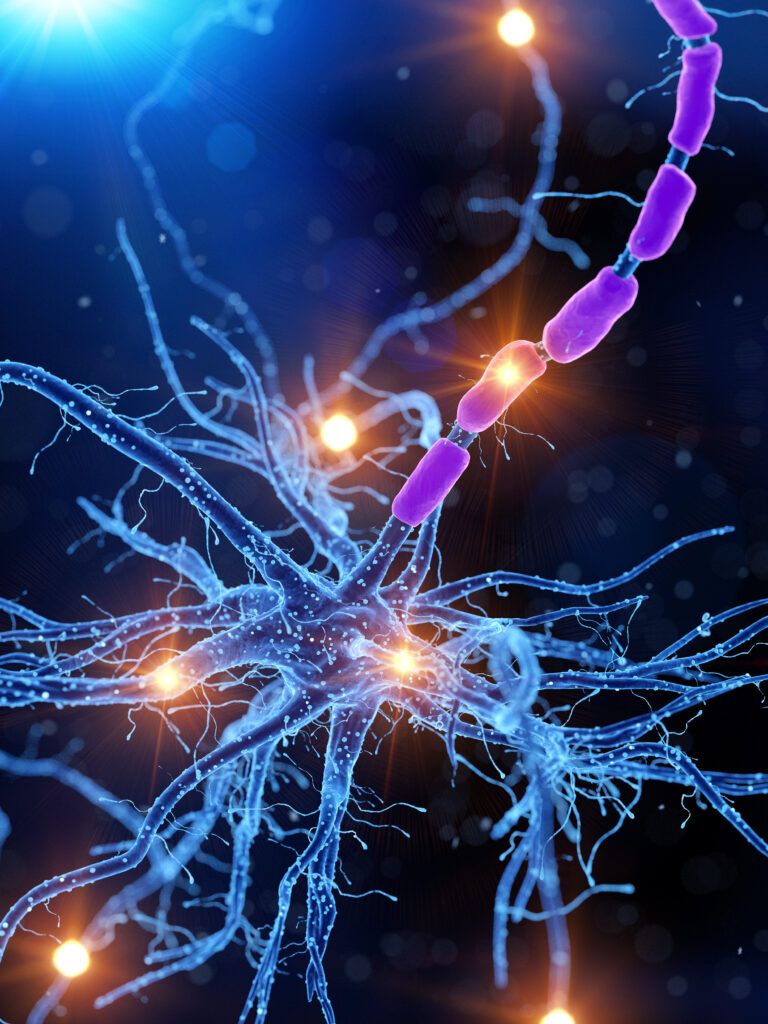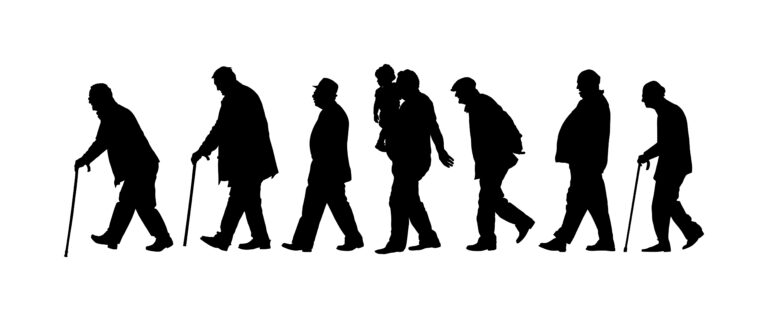As we age, it is common for us to experience some forgetfulness and memory loss. We may forget where we put our keys or the name of an acquaintance. However, as we get older, these instances of forgetfulness may become more frequent and affect our daily lives. While it is easy to attribute memory loss to simply aging, there may be other factors at play.
Here are some reasons why your memory loss might not be just aging:
1. Stress and Anxiety
As we age, we may encounter new stressors such as retirement, health issues, or the loss of loved ones. These stressors can affect our mental well-being and cause anxiety, which can have a significant impact on our memory. Chronic stress and anxiety can lead to brain fog, difficulty concentrating, and memory problems. This is because stress hormones such as cortisol can interfere with the brain’s ability to form and retrieve memories.
2. Medications
As we age, we may need to take more medications to manage various health conditions. However, these medications can have side effects that include memory loss and confusion. For example, sedatives and anti-depressants can affect memory and cognition. It is essential to speak with your doctor about any potential side effects of your medications and if alternative options are available.
3. Vitamin Deficiencies
Our bodies require a variety of vitamins and minerals to function correctly, and as we age, our bodies may not absorb these nutrients as efficiently. Vitamin B12 deficiency, in particular, has been linked to cognitive decline and memory loss. This is because B12 plays a crucial role in maintaining healthy nerve cells and producing red blood cells that carry oxygen to the brain. If you are experiencing memory problems, it may be worth getting your B12 levels checked.
4. Sleep Deprivation
As we age, our sleep patterns change, and we may find ourselves waking up more frequently during the night or having trouble falling asleep. This can lead to sleep deprivation, which has been linked to memory loss and cognitive decline. Our brains need sleep to consolidate memories and make sense of the information we have learned throughout the day. Chronic sleep deprivation can impair our ability to form and retrieve memories.
5. Underlying Health Conditions
Memory loss can sometimes be a symptom of an underlying health condition. For example, conditions such as depression, thyroid disorders, and Alzheimer’s disease can all cause memory problems. It is essential to speak with your doctor if you are experiencing memory loss to rule out any potential underlying health issues.
6. Lack of Mental Stimulation
As we age, we may find ourselves becoming less active and engaging in fewer mentally stimulating activities. This lack of mental stimulation can contribute to memory loss as our brains are not being exercised and challenged. Engaging in activities such as reading, puzzles, or learning new skills can help keep our brains sharp and reduce the risk of memory loss.
7. Smoking and Alcohol Consumption
Smoking and excessive alcohol consumption have been linked to memory loss and cognitive decline. Studies have shown that smoking can increase the risk of developing dementia and Alzheimer’s disease. Excessive alcohol consumption can also lead to memory problems as it affects the brain’s ability to form new memories.
8. Hormonal Changes
Women may experience memory loss due to hormonal changes during menopause. Estrogen plays a crucial role in memory, and as estrogen levels decrease during menopause, women may experience difficulty remembering things. Hormonal changes during pregnancy and postpartum can also affect memory and cognitive function.
9. Genetics
While aging itself is not a genetic factor, certain genetic factors can increase the risk of developing age-related memory problems or diseases such as Alzheimer’s. If you have a family history of memory loss or dementia, you may be at a higher risk, and it is essential to speak with your doctor about preventative measures.
In conclusion, while some memory loss is a natural part of aging, it is essential to consider other factors that may be contributing to it. If you are experiencing frequent and significant memory problems, it is crucial to speak with your doctor to determine the underlying cause and address it accordingly. By taking care of our mental and physical well-being, we can reduce the risk of memory loss and maintain a sharp mind as we age.





